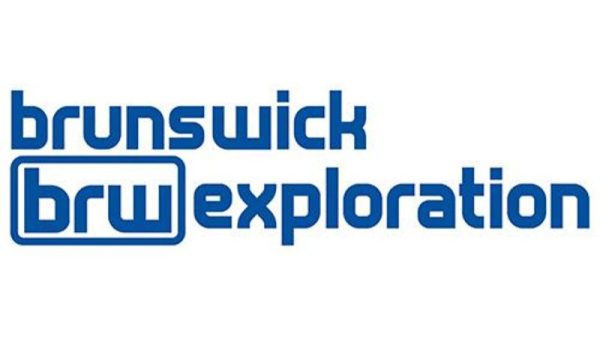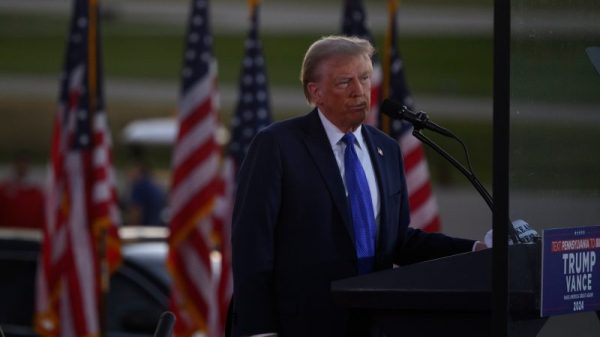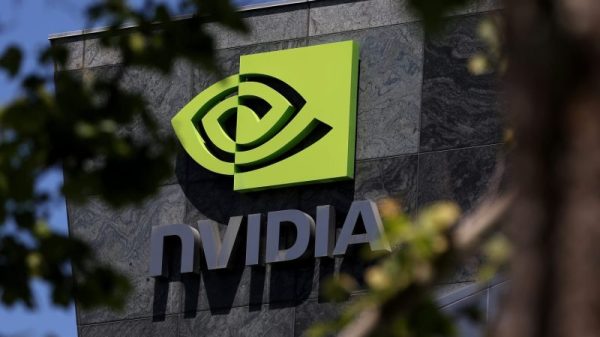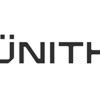Exchange-traded funds (ETFs) are a popular and flexible portfolio choice that allows investors to benefit from a sector’s performance without the need to directly own individual stocks or assets.
They are an especially appealing option in the cryptocurrency market as the technical aspects of purchasing and holding these coins can be confusing and intimidating for the less technologically inclined.
Crypto ETFs are also more secure than cryptocurrencies themselves, as they trade in regulated marketplaces and are subject to laws that don’t extend to these coins themselves. This can provide peace of mind to investors who are put off by crypto frauds and scandals, some of which have resulted in billions of dollars in losses for those who hold them.
Bitcoin is the best-known cryptocurrency, and for that reason investors often turn to spot Bitcoin ETFs or Bitcoin futures ETFs. While at first glance they may seem similar, they have key differences. They also have their own pros and cons — depending on what type of investor you are, a spot Bitcoin ETF or a Bitcoin futures ETF may be more suitable.
What are spot Bitcoin ETFs and how do they work?
A spot Bitcoin ETF holds Bitcoins in a trust. However much money an investor decides to allocate, a fund manager buys the equivalent amount in Bitcoins. Providers buy and sell Bitcoins when the fund is rebalanced.
What are Bitcoin futures ETFs and how do they work?
Bitcoin futures ETFs function quite differently from spot Bitcoin ETFs as they are not directly based on the Bitcoin spot price. Instead, investors who put their money in Bitcoin futures ETFs are essentially betting on Bitcoin’s price trajectory.
That’s because Bitcoin futures ETFs hold bundles of Bitcoin futures contracts, which stipulate that parties will purchase Bitcoin for a specific price on a predetermined date.
What are the pros and cons of Bitcoin spot and futures ETFs?
As mentioned, both Bitcoin ETF types have pros and cons.
For example, spot Bitcoin ETFs have a much more simplified structure than Bitcoin futures ETFs as there are no deadlines or contract stipulations. Buying shares of spot Bitcoin ETF is about as close to purchasing the cryptocurrency as you can get without needing the technical knowledge of blockchains, digital wallets and crypto trading platforms.
The price movement of spot Bitcoin ETFs also tends to be more closely aligned with the Bitcoin spot price, since these trading vehicles are directly backed by Bitcoin. Finally, spot Bitcoin ETFs are quite liquid.
Bitcoin futures ETFs provide flexibility to investors who are trying to turn a profit and don’t want to hold crypto assets for a long time; however, investors risk losing money if they hold for too long. Bitcoin futures ETFs can be subject to contango — this is what happens when the price of a Bitcoin futures contract is higher than the Bitcoin spot price. They can also face backwardation, which is what happens when the price of a Bitcoin futures contract is below the Bitcoin spot price.
Put simply, Bitcoin futures ETFs represent an interesting investment opportunity for risk-tolerant investors, but may not be a good choice for the risk-averse.
When will the US allow spot Bitcoin ETFs?
Although several firms have attempted to get spot Bitcoin ETFs approved in the US, the US Securities and Exchange Commission (SEC) has denied or delayed every application that has crossed its desk since 2016.
Part of the reason, according to SEC Chairman Gary Gensler, is that the risk of fraud and market manipulation is just too great. He has cited examples like the FTX fiasco, which the SEC has been heavily criticized for not noticing sooner — the scheme saw millions of investors swindled out of billions of dollars. Gensler has also pointed to a lack of regulatory framework, and has called on Congress to work with the SEC to establish clear rules around the crypto market and assign a governing body to oversee the industry.
Some believe Gensler’s concerns are unfounded or overstated, as spot Bitcoin ETFs have been available to Canadians on the Toronto Stock Exchange since February 2021. ETFs like the Purpose Bitcoin ETF (TSX:BTCC), 3iQ CoinShares Bitcoin ETF (TSX:BTCQ) and CI Galaxy Bitcoin ETF (TSX:BTCX.B) are subject to strict regulatory controls and, to date, there have been no cases of fraud, mismanagement or hacking associated with spot Bitcoin ETFs in Canada.
And Canada is not alone — Europe saw the introduction of the Jacobi Bitcoin ETF (AMS:BCOIN) on the Euronext Amsterdam Stock Exchange in August of this year.
These milestones have prompted the question: Will the US be getting spot Bitcoin ETFs soon?
The SEC is facing mounting pressure from the political sphere to approve applications, and judges and investors alike have been critical of Gensler’s contentious and possibly unwarranted attitude toward crypto ETFs.
The bottom line
The differences between Bitcoin spot and futures ETFs can be significant, and deciding which route to go — if any — depends on your risk tolerance and investment goals.
Spot ETFs follow the Bitcoin price and are a straightforward way of investing, while futures ETFs allow investors to bet on the price trajectory of Bitcoin — they offer chance at high rewards, but bring more risk as well.
The US has yet to approve spot Bitcoin ETFs due to regulatory concerns, but they are available in both Canada and Europe. Despite challenges, it seems likely that spot Bitcoin ETFs are likely to be approved soon in the US, and it will be interesting to see how this new investment vehicle will shape the crypto market in the coming years.
Securities Disclosure: I, Meagen Seatter, hold no direct investment interest in any company mentioned in this article.







































